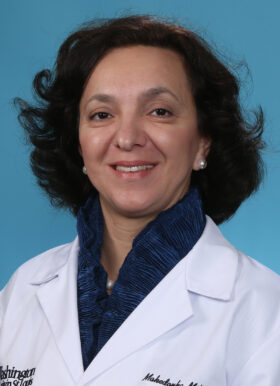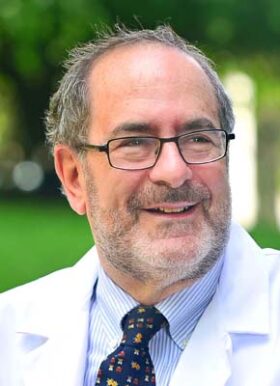Key Faculty & Specific Research Interests

Philip J. Budge, MD, PhD
Associate Professor of Medicine
- Phone: 314-747-5198
- Fax: 314-454-5392
- Email: pbudge@wustl.edu
Dr. Budge specializes in translational, public health-related research, with a special focus on filarial infections—insect-borne threadlike parasitic worms that cause lymphatic filariasis (elephantiasis), onchocerciasis (river blindness), and loiasis (African eye worm).

Michael S. Diamond, MD, PhD
The Herbert S. Gasser Professor, Departments of Medicine, Molecular Microbiology, Pathology & Immunology
- Phone: 314-362-2842
- Fax: 314-362-9230
- Email: diamond@wusm.wustl.edu
Michael Diamond, MD, PhD is the leader of a basic and translational research laboratory studying the interface between viral pathogenesis and host immunity. His laboratory focuses on emerging RNA viruses including flaviviruses, alphaviruses, and coronaviruses.

Peter U. Fischer, PhD
Professor of Medicine
- Phone: 314-454-7876
- Fax: 314-454-5293
- Email: pufische@wustl.edu
Dr. Fischer specializes in basic and translational sciences to support the control and elimination of neglected tropical diseases, with a special focus on helminths.

Daniel E. Goldberg, MD, PhD
David M. and Paula L. Kipnis Distinguished Professor, Departments of Medicine and Molecular Microbiology
- Phone: 314-362-1514
- Fax: 314-367-3214
- Email: goldberg@borcim.wustl.edu
Dr. Goldberg does basic research on the biology of malaria and identification of drug targets. Parasites have evolved many clever ways to infect their hosts and develop within them. Researching these processes at a molecular level should lead to treatment or prevention of parasitic infections that afflict most of humanity. His laboratory currently has 4 graduate students, 2 postdocs, one pediatric ID fellow, one technician and a research associate professor. Dr. Goldberg directs the Infectious Diseases/Basic Microbial Mechanisms T32 training grant.

Eva Istvan, PhD
Associate Professor of Medicine
- Phone: 314-362-4780
- Email: istvan@wustl.edu
Dr. Istvan specializes in the biochemistry of Plasmodium falciparum, the most deadly malaria parasites of humans.

Makedonka Mitreva, PhD
The Robert E. and Louise F. Dunn Professor of Medical Sciences, Departments of Medicine and Genetics
- Phone: 314-286-2005
- Fax: 314-286-1810
- Email: mmitreva@wustl.edu
Dr. Mitreva is an internationally acclaimed scientist who leads a basic and translational research program studying neglected tropical diseases, specifically helminth infections. Her enduring dedication to enhancing omics-driven discoveries and their clinical applications is paving the way for long-lasting improvements in global health.

Bruce A. Rosa, PhD
Assistant Professor of Medicine
- Phone: 3142861897
- Email: barosa@wustl.edu
Dr. Rosa’s experience in the statistical analysis of complex datasets (utilizing multiple types of evidence spanning treatments or species) has led to the identification differentially expressed genes, drug targets and pathways of interest for experimental verification.

Gary J. Weil, MD
Gerald and Judith Medoff Professor of Infectious Diseases, Department of Medicine and Professor, Molecular Microbiology
- Phone: 314-747-5198
- Fax: 314-454-5293
- Email: gweil@wustl.edu
Dr. Weil’s research group conducts research on filarial nematode parasites that cause important tropical diseases such as elephantiasis and river blindness. This includes basic research on parasite biology and translational research to develop improved diagnostic tests and treatments.